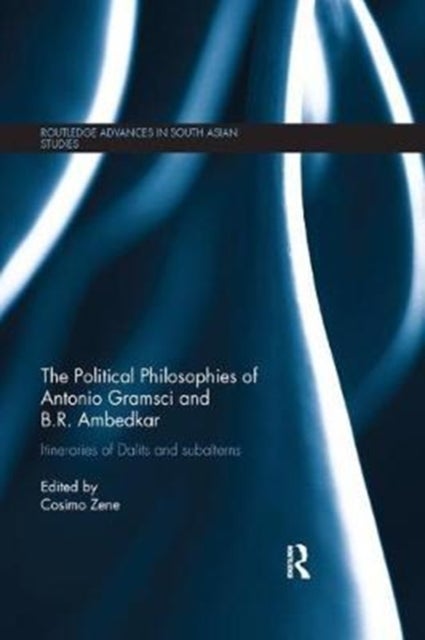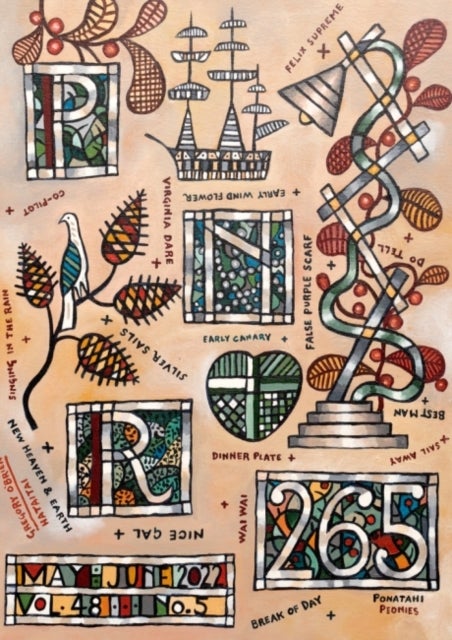
The Political Philosophies of Antonio Gramsci and B. R. Ambedkar
569,-
<P>Bridging two generations of scholarship on social inequality and modern political forms, this book examines the political philosophies of inclusion of subalterns/Dalits in Gramsci and Ambedkar¿s political philosophies. It highlights the full range of Gramsci¿s ¿philosophy of praxis¿ and presents a more critical appreciation of his thought in the study of South Asian societies. Equally, Ambedkar¿s thought and philosophy is put to the forefront and acquires a prominence in the international context.</P><P></P><P>Overcoming geographical, cultural and disciplinary boundaries, the book gives relevance to the subalterns. Following the lead of Gramsci and Ambedkar, the contributors are committed, apart from underscoring the historical roots of subalternity, to uncovering the subalterns¿ presence in social, economic, cultural, educational, literary, legal and religious grounds. The book offers a renewed critical approach to Gramsci and Ambedkar and expands on their findings in order to offe








